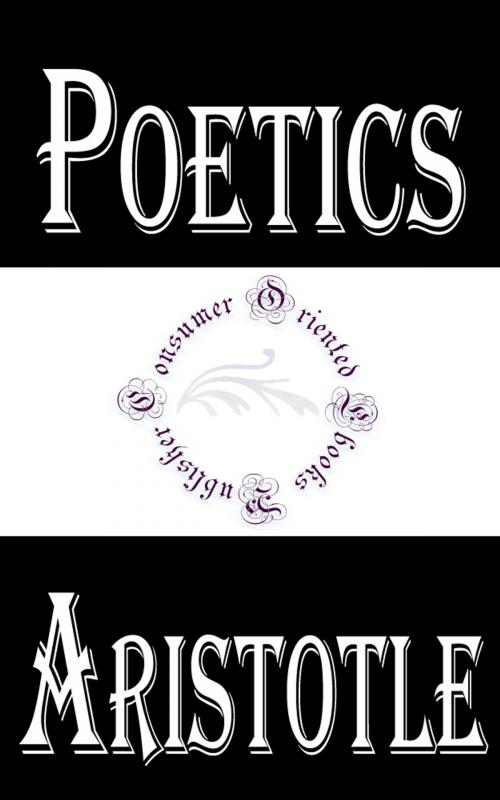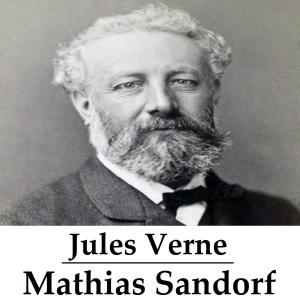| Author: | Aristotle | ISBN: | 1230000273610 |
| Publisher: | Consumer Oriented Ebooks Publisher | Publication: | October 12, 2014 |
| Imprint: | Language: | English |
| Author: | Aristotle |
| ISBN: | 1230000273610 |
| Publisher: | Consumer Oriented Ebooks Publisher |
| Publication: | October 12, 2014 |
| Imprint: | |
| Language: | English |
Aristotle's Poetics (Greek: Περὶ ποιητικῆς, Latin: De Poetica; c. 335 BCE) is the earliest surviving work of dramatic theory and the first extant philosophical treatise to focus on literary theory. In it, Aristotle offers an account of what he calls "poetry" (a term which in Greek literally means "making" and in this context includes drama—comedy, tragedy, and the satyr play—as well as lyric poetry, epic poetry, and the dithyramb-A song sung to praise Dionysus, the God of wine and fertility). They are similar in the fact that they are all imitations but different in the three ways that Aristotle describes. 1. They differ in the music rhythm, harmony, meter and melody. 2. The difference of goodness in the characters. 3. The way the characters are presented in which they stay in the role that they are describing as a narrative or acting as if they are doing the things that the characters are doing.
Aristotle's Poetics (Greek: Περὶ ποιητικῆς, Latin: De Poetica; c. 335 BCE) is the earliest surviving work of dramatic theory and the first extant philosophical treatise to focus on literary theory. In it, Aristotle offers an account of what he calls "poetry" (a term which in Greek literally means "making" and in this context includes drama—comedy, tragedy, and the satyr play—as well as lyric poetry, epic poetry, and the dithyramb-A song sung to praise Dionysus, the God of wine and fertility). They are similar in the fact that they are all imitations but different in the three ways that Aristotle describes. 1. They differ in the music rhythm, harmony, meter and melody. 2. The difference of goodness in the characters. 3. The way the characters are presented in which they stay in the role that they are describing as a narrative or acting as if they are doing the things that the characters are doing.















